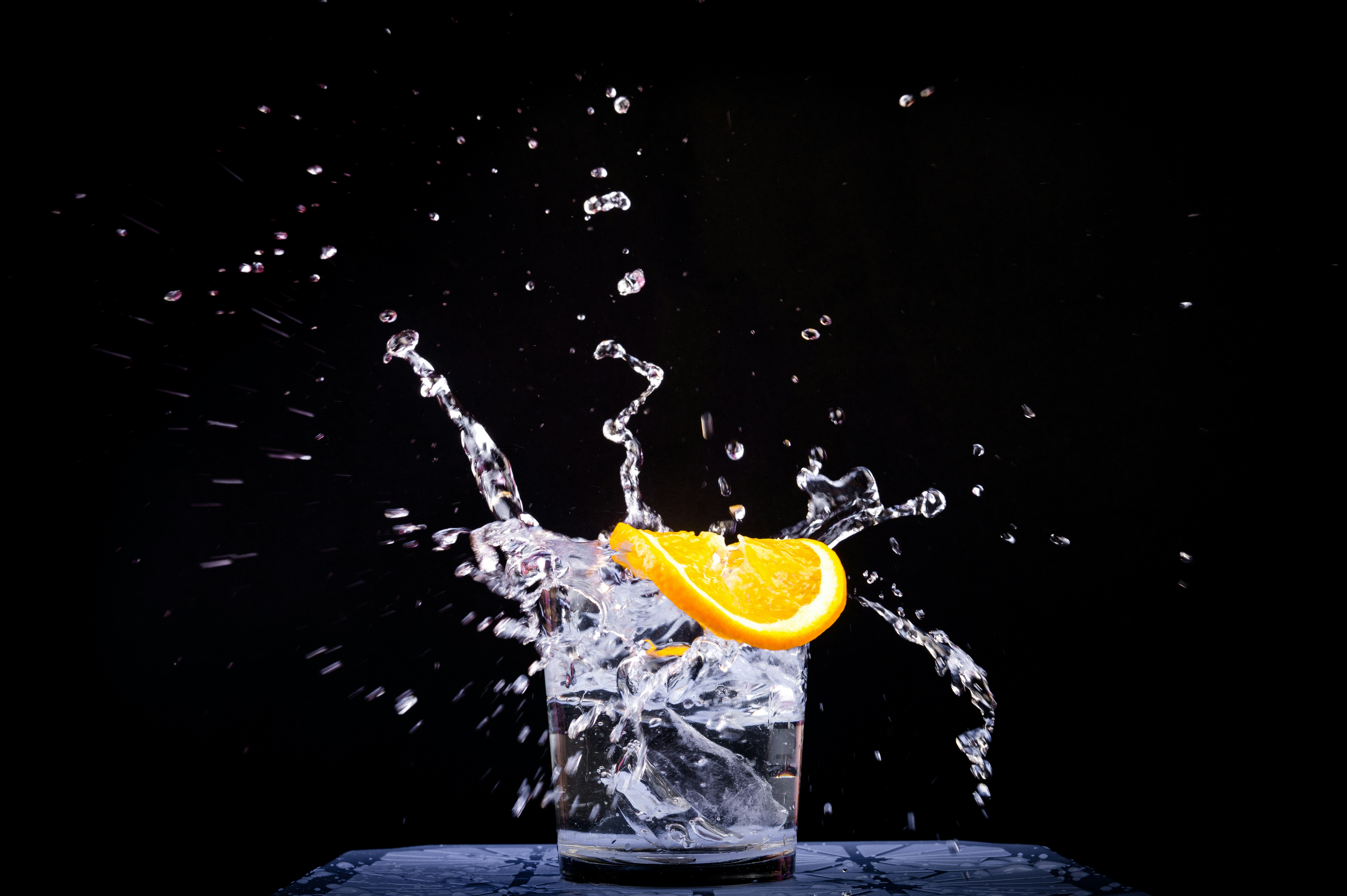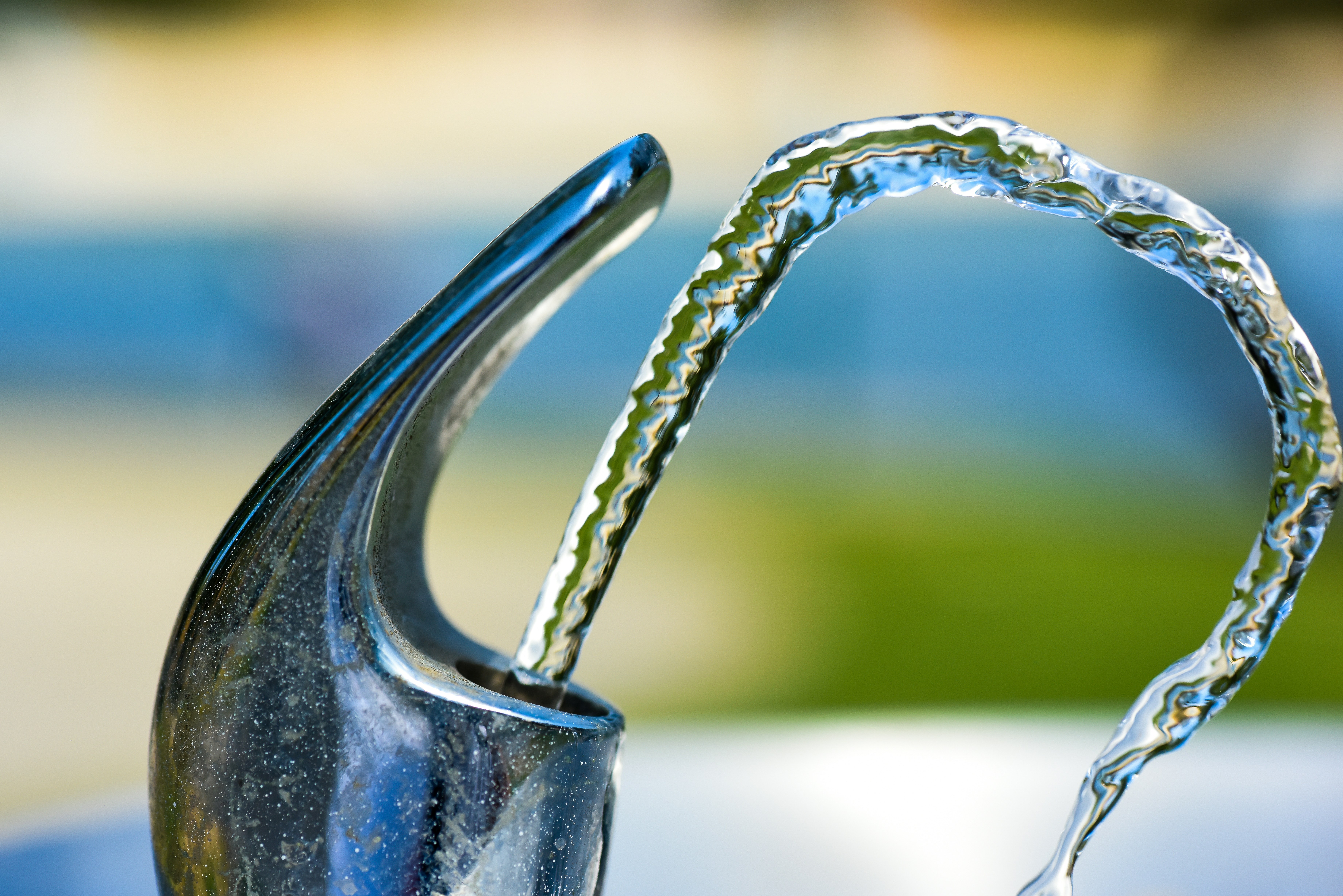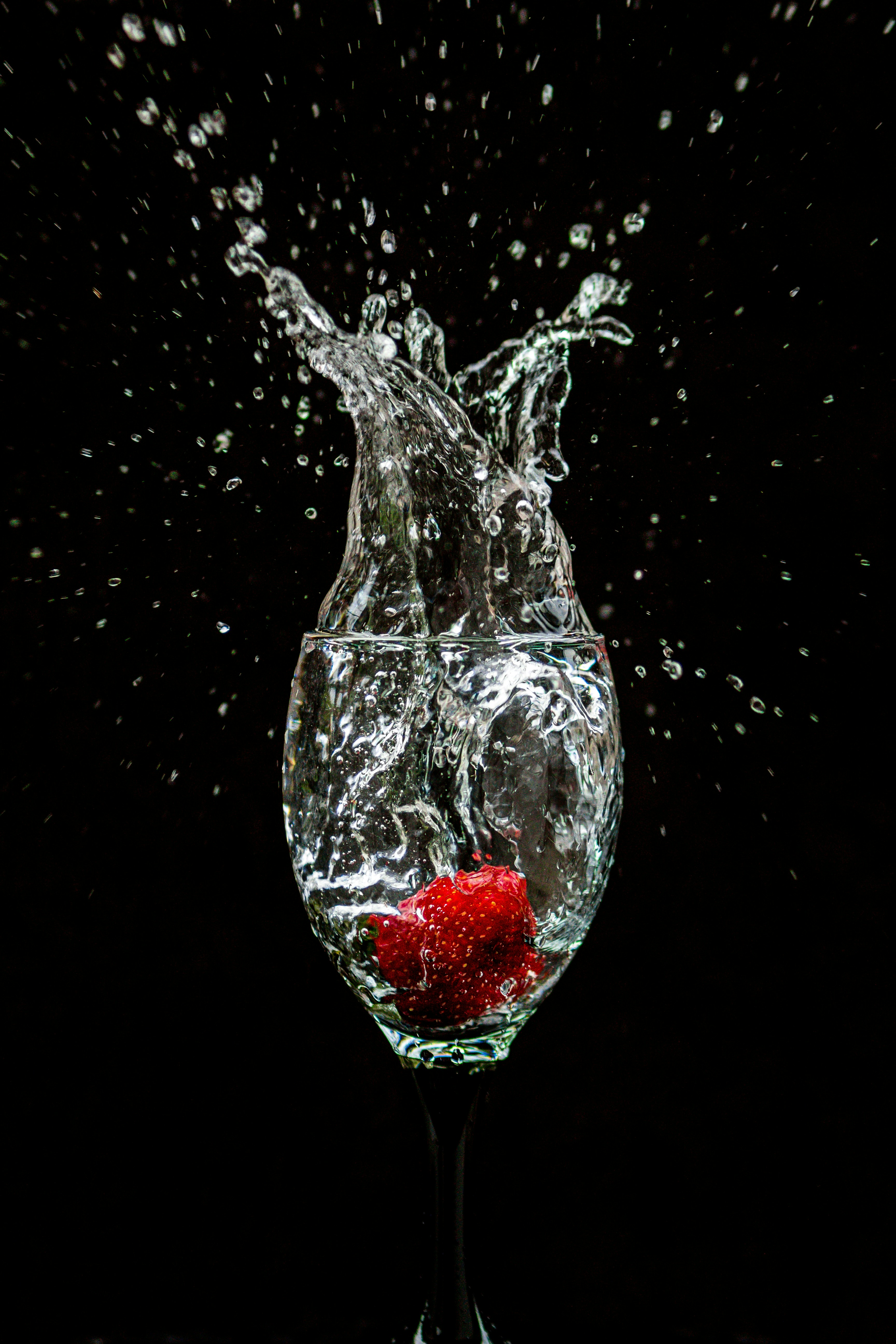Welcome to our helpful guide on the best ways to hydrate before and after cold plunges! Staying properly hydrated is key to maximizing the benefits of cold therapy and ensuring your body functions at its best. In this article, we will cover the do’s and don’ts of hydration, including tips on what to drink and when to drink it to keep you feeling your best during and after your cold plunges. Stay tuned for expert advice that will help you stay hydrated and make the most of your cold plunge experience!
Do’s & Don’ts: The Best Ways To Hydrate Before And After Cold Plunges
Introduction
Welcome to the ultimate guide on the best ways to hydrate before and after cold plunges! Whether you’re a seasoned cold plunger or a newbie looking to dive into the icy waters, staying hydrated is crucial for your overall health and well-being. In this article, we will explore the do’s and don’ts of hydration to help you maximize the benefits of your cold plunge experience.
Why Hydration Is Key
Proper hydration is essential before and after cold plunges to support your body’s physiological functions and ensure optimal performance. Cold water immersion can have a dehydrating effect on the body, making it even more important to replenish fluids lost during the plunge. By staying hydrated, you can maintain your energy levels, enhance recovery, and improve overall performance.
The Do’s of Hydration Before Cold Plunges
Before taking the plunge into icy waters, it’s important to hydrate properly to prepare your body for the cold shock. Here are some key do’s to keep in mind:
-
Drink Water Regularly: Hydrate throughout the day leading up to your cold plunge to ensure your body is adequately hydrated. Aim to drink at least 8-10 cups of water per day.
-
Electrolyte Balance: Make sure to replenish electrolytes by consuming foods rich in potassium, magnesium, and sodium. This can help prevent cramping and support proper muscle function during the plunge.
-
Timing Is Key: Aim to drink a glass of water 30 minutes before your cold plunge to ensure that your body is hydrated and ready for the shock. This can help minimize the risk of dehydration during and after the plunge.
-
Coconut Water: Consider drinking coconut water as a natural source of electrolytes to help maintain hydration levels and support recovery post-plunge.
The Don’ts of Hydration Before Cold Plunges
While there are important do’s to consider, it’s also crucial to be aware of the don’ts to avoid potential pitfalls before your cold plunge. Here are some key don’ts to keep in mind:
-
Avoid Caffeine: Limit your intake of caffeinated beverages like coffee and tea before your cold plunge, as caffeine can have a diuretic effect and dehydrate the body.
-
Alcohol Intake: Avoid consuming alcohol before cold plunges, as it can impair hydration levels and affect your body’s ability to regulate temperature in cold water.
-
Sugary Drinks: Stay away from sugary drinks and sodas, as they can lead to dehydration and an imbalance in electrolyte levels, which are crucial for muscle function.
-
Overhydration: While it’s important to stay hydrated, be mindful not to overhydrate before your cold plunge, as this can lead to water intoxication and disrupt your body’s electrolyte balance.
The Do’s of Hydration After Cold Plunges
After braving the cold waters, it’s essential to rehydrate and replenish fluids lost during the plunge. Here are some important do’s to consider for post-plunge hydration:
-
Drink Water Immediately: As soon as you exit the cold water, drink a glass of water to kickstart the rehydration process and replenish fluids lost during the plunge.
-
Hydrating Foods: Consume hydrating foods like watermelon, cucumbers, and oranges to replenish electrolytes and support hydration levels post-plunge.
-
Warm Beverages: Consider drinking warm beverages like herbal tea or warm water with lemon to help warm up the body and support circulation post-plunge.
-
Sports Drinks: Replenish electrolytes by drinking sports drinks or electrolyte-enhanced beverages to support recovery and prevent muscle cramping post-plunge.
The Don’ts of Hydration After Cold Plunges
While it’s important to rehydrate after a cold plunge, there are some key don’ts to keep in mind to ensure optimal recovery and performance. Here are some important don’ts for post-plunge hydration:
-
Avoid Alcoholic Beverages: Refrain from consuming alcohol after your cold plunge, as it can further dehydrate the body and impair recovery.
-
Sugary Drinks: Stay away from sugary drinks and sodas, as they can hinder the rehydration process and affect electrolyte balance post-plunge.
-
Excessive Cooling: Avoid exposing yourself to cold temperatures immediately after your cold plunge, as this can prolong the recovery process and delay rehydration.
-
Overeating: While it’s important to refuel after a cold plunge, be mindful not to overeat, as this can divert blood flow from the muscles and hinder recovery.
Conclusion
By following the do’s and don’ts of hydration before and after cold plunges, you can optimize your performance, enhance recovery, and maximize the benefits of your cold plunge experience. Remember to listen to your body, stay hydrated, and enjoy the invigorating effects of the icy waters. Stay safe, stay hydrated, and happy plunging!




